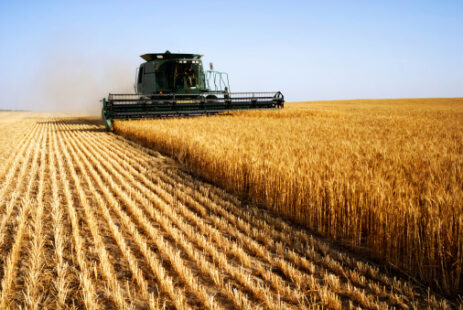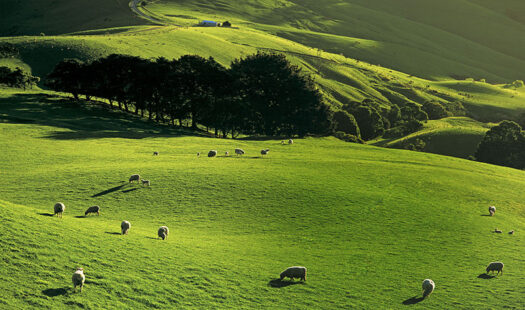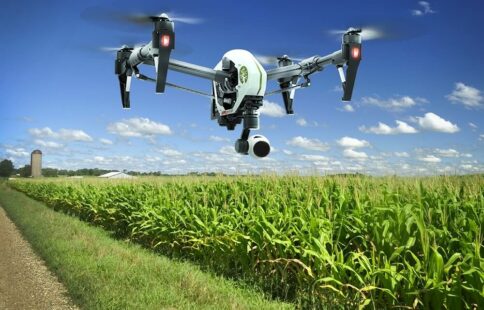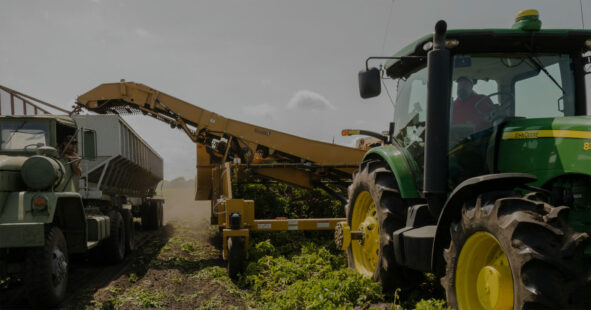
WHEAT: THE SUPER GRAIN OF AUSTRALIA
When it comes to harvesting grains, wheat is a major winter crop grown in Australia. The sowing commences in autumn and the harvesting is based on the climatic conditions of the season. According to a general rule of thumb, wheat is harvested during spring and summer. Some of the states that majorly focus on growing wheat are Western Australia, Victoria and Queensland. Predominantly, Australian wheat is harvested with the purpose of being exported overseas, whereas Western Australia is the most significant exporting state. Australian grown wheat is sold off to the Asian and Middle East regions that include Japan, South Korea, Vietnam, Sudan and Malaysia. Moreover, the grain that is produced for domestic consumption is produced on the east coast. Some of the other grains that are grown in the nation are coarse grains that include oats, barley, maize, sorghum and triticale.
GRAIN AND WHEAT HARVESTING JOBS
Wheat, Australia’s most abundantly found grain occurs across the West Australian wheat-belt. The farms that are responsible for producing this grain range from 1000 to 15000 hectares. Hence, it is obvious that a large number of workers are needed to declare the harvest season a successful one. In fact, the Australian grain industry offers a hoard of lucrative farm jobs that will allow one to build a fulfilling and prosperous career. Not only is it busy and exciting but these farm jobs are extremely rewarding. The team responsible for harvesting wheat and grain harvesting are assigned to various roles. Apart from labourers, scientists, technologists and grain samplers are also involved in this harvesting journey. If you have the desire to build a fulfilling career in the agricultural industry, then there must be a grain harvest role that is absolutely suitable for you!
GRAIN HARVESTING AND CASUAL WORK IN THE AGRICULTURAL INDUSTRY
Every year thousands of potential candidates are matched with diverse positions across Australia’s booming grain industry. Most of these designations are short term and casual. Nevertheless, the work that is offered all depends on the harvest and site conditions; these include climatic fluctuations and operational needs. The season tends to run from September to December. Some of the casual roles available in this industry include:
Weighbridge operators
Machinery operators
Laboratory Assistants
Labouring Roles
Grain Handlers
GRAIN HANDLERS AND THE AGRICULTURAL DOMAIN
The main tasks of a grain handler include monitoring the flow of grain from truck unloading and onto hopper, auger or other equipment. Additionally, they must protect and store grain in bunkers or permanent silo storages, including building, breaking down and tarping bunkers. Therefore, those who venture into this career path must exhibit physical strength and should definitely possess prior knowledge of handling machinery.
Therefore, selecting a career in the grain industry is one of the most fulfilling adventures in the world of agriculture. It is a life-altering experience just waiting to unfold!

Grains and fertiliser producers are expected to post a strong performance in 2021, while wool producers will struggle. Following severe drought conditions over much of the prior three-year period, greater rainfall levels in key growing areas have improved crop yields. The expected level of output in 2020-21 is a near-record, second only to the highs […]
Read More →
HIGH TECHNOLOGY OPPORTUNITIES IN URBAN AUSTRALIA High-tech horticulture is being used in metropolitan locations around the world for a variety of reasons, including economic development. Community involvement and environmental advantages are two things that come to mind when thinking about this project. Vertical farm systems, container farms, and other similar systems are now being witnessed […]
Read More →
Fortunately for the agricultural sector, the Australian agriculture worker visa, also known as the ag visa, is a step closer to fruition, after the Federal Government amended the migration regulations. It has enabled it to be operationalized with a supporting program administered by the Department of Foreign Affairs and Trade. The minister for agriculture and […]
Read More →